What are Investment Options?
Investment happens when you buy certain assets in the expectation of earning a certain growth rate in a defined time period. The returns are generated when the value of assets grows. In simple terms, the assets are the investment options. This is a tool to help you grow wealth. Your investment options could be mutual funds, stocks or real estate. Investment options are necessary to earn handsome returns for fulfilling financial needs and life goals. They help you build a wealth corpus so that you could always be ready for life events like;
- Retirement
- Expenses to meet emergency
- Buying a house, car, bike
- Vacation
- Wedding
- Children’s education & marriage
Explore: Best Investment Plans
Types of Investment Assets in India
Broadly speaking you have two different types of assets that you can use to fulfill your investment needs.
1. Physical Assets
The physical assets include investment in gold, jewelry, precious stones, land & property (i.e. real estate), art, paintings, and artifacts. You can possess them physically and have a feel of the asset. For example, you can buy gold coins, hold them in hands or wear jewelry.
Over a period of time, with the increase in price, the value of your investment increases and you can gain by selling the asset. However, acquiring physical assets for investment is a time-consuming process and needs diligence. You need time, effort, and money to maintain and upkeep your physical property so that they appreciate in value. The physical assets are illiquid, this means that there is no ready buyer available. You need to find a buyer who is ready to purchase. There is no ready market where you can trade off your physical possessions.
2. Financial Assets
Financial assets include investment in :
- Mutual funds
- Bank deposits like FD & RD
- Share market i.e. stocks & derivatives
- Debentures and bonds
- Retirement funds like PPF & NPS.
You do not possess them physically but you have physical receipts and certificates or you can have them in the electronic form in Demat account. Financial assets are liquid in comparison to the physical assets. However, few of the financial assets have a lock-in period. This means that you can not sell off your investment before completing a fixed time period. The lock-in period can range from a few months in case of new mutual fund investments to years as in the case of NPS and PPF investments.
Financial assets like shares, derivatives, and ETF mutual funds are tradable on stock exchanges. They require less time, effort, and money for upkeep and maintenance. Most of them are only available in dematerialized form.
How to Choose the Best Investment Options
If you are looking solely for returns or creating a wealth corpus then investing in financial assets is a better choice.
All financial assets are not equal. All assets are uniquely designed to meet certain objectives. For example, bank FDs are safe and interest-bearing financial assets that grow by reinvesting the periodic interest. Whereas the equity investment portfolio grows when the price of the underlying share increases.
But the mutual fund is a versatile financial asset that has all the characteristics of a sound investment option. Mutual funds have schemes for all your financial needs, be it tax saving, retirement fund or creating an emergency fund. You have a growth option for a long term investor, safe debt, & liquid option for the risk-averse conservative investors. When you invest in mutual funds, you benefit from professional fund management, diversification, and having a dedicated fund manager.
Mutual fund investment is for everyone as anyone can start investing with an amount as low as Rs. 500 per month and has a lower lock-in period as compared to PPF and NPS. You do not need to run a pillar and post for investing in mutual funds or undergo loads of paperwork and signatures. You can invest in mutual funds via online channels in a hassle-free manner. With an online mutual fund investment platform, investing, managing, tracking, and redeeming mutual funds is easy and convenient. Scripbox is one such online mutual fund investment platform.
Let us briefly see how mutual fund investment is a better option when compared to other financial assets;
| Particulars | Mutual Funds | Other Financial Assets (like shares, derivatives, PPF, NPS, FD & RDs) |
| investment Process | Online – Quick and hassle-free Option to invest offline | Both online and offline methods available |
| Account Requirements | No account required | You need to open a Demat account for investing in shares and derivatives or a dedicated account for PPF, NPS, and Bank deposits |
| Type | Has all options like equity, debt, and hybrid | Shares and derivatives relate to equity. PPF, NPS, and Bank deposits are interest-bearing instruments. |
| Diversification | Yes | No diversification |
| Investment Amount | As low as Rs. 500 per month | Can be high or low |
| Lock-in Period | 0 to three years 3 years in case of ELSS | 0 to as high as 60 years. 60 years in case of NPS |
| Partial redemption | Possible | Not possible. For FDs, a penalty is charged in case of premature withdrawals. |
| Investment Objectives | Mutual fund schemes are available for all financial goals | Every option caters to a single financial need. |
| Expertise | Available through the fund manager | You need to depend on yourself or an external expert. |
| Investment Management | Taken care by fund house and online platforms | You need time and effort to manage your portfolio and receipts |
| Trading | Only ETF can be traded on exchanges. Mutual fund units can be bought and sold to AMC at any time. | Only shares and derivatives get traded on exchanges. NPS, PPF, and Bank deposits are not tradable. |
Different Types of Investment Options 2026
1. Investing in Mutual Funds
- Equity Mutual Funds: An equity mutual fund is one that uses the pooled corpus to invest in equity and equity-related instruments. A major portion (65% and above) of the portfolio holdings are in the form of shares and stocks of different companies. In other words, equity mutual fund invests in shares on your behalf. A small portion of the portfolio is invested in debt and money market instruments or held in cash. The investment objective of equity mutual funds is capital appreciation. The fund achieves its objective by investing in growing or mature businesses that have the potential to generate multi-fold returns.
- ELSS: “Equity-linked saving scheme” popularly known as ELSS is a mutual fund scheme that helps you save taxes. When you invest in an ELSS, the investment amount up to Rs. 1.5 Lakhs qualifies for a tax deduction under section 80C of the Income Tax Act. So overall, you can avail a tax benefit up to Rs. 46,800 by investing up to Rs. 1.5 Lakhs in ELSS funds.
Tax saving mutual funds are best for investors looking for a prudent tax planning and tax-saving methods. Apart from that, ELSS funds can be the entry point to the universe of mutual fund investment. - Debt Funds and Liquid Funds: Debt funds are mutual fund schemes that invest a major portion of the pooled corpus of money in fixed-income or money market instruments like corporate bonds, debentures, government securities, treasury bills, commercial papers, and certificates of deposits. Debt funds generate returns in the form of interest income and maturity proceeds of the underlying debt securities. The fixed-income securities provide a stable and regular stream of cash flow without the risk of market fluctuations. Thus, debt funds offer a safe investment option for conservative investors. A liquid fund is a mutual fund scheme where the major portion of the pooled corpus is invested in securities that have a specific maturity of up to 91 days only. This is to ensure that the fund remains highly liquid all the time.
Liquid funds aim to create a highly liquid corpus for the investors. The underlying securities are highly rated safe debt and money market instruments like Government securities, T-Bills, Call money, Commercial paper (CPs), and the Certificate of deposits (CDs).
2. Gold ETFs
In India, gold is a popular traditional investment option, especially in the form of gold jewelry and ornaments. Their demand goes high during the wedding seasons. Gold has an inverse relation with the share markets. Generally, when the stock markets are down the gold tends to perform well. If you do not want to hold gold jewelry then you can invest in gold through “Gold Funds” a “Gold ETF”.
3. Public Provident Fund (PPF)
Public Provident Fund is a government-backed retirement scheme that also helps you save taxes. So you have the dual benefit of creating retirement fund and tax saving. Annual contribution up to Rs. 1.5 Lakhs in PPF account can be claimed as a deduction under section 80C of the Income Tax Act. A PPF account can be easily opened at post offices and banks. In the case of PPF investment the interest earned and the maturity proceeds both are exempted from Income Tax. However, PPF investment has a long lock-in period of 15 years.
4. Stocks and Share Market Trading
For investing in shares you need to open a Demat and trading account. Investing in stocks is buying ownership in a company and its growth prospects. If done correctly, shares have the potential to generate multi-fold returns over a long period of time. For that to happen you need knowledge, experience and dedicated time to monitor your stock investments. However, share investments are risky because they are subject to market fluctuations, company performance, and economic factors.
5. National Pension Scheme (NPS)
National Pension Scheme is a retirement plan for all salaried persons. A regular contribution from both employee and employer is invested in the NPS account. NPS differs from PPF by investing a portion of the fund in equities to capture higher returns. When you invest in NPS, then the investment amount up to Rs. 1.5 Lakhs is eligible for tax deduction under section 80C of the Income Tax Act. Additionally, the self contribution of up to Rs. 50,000 of tax benefit can be claimed under section 80CCD(1B). So overall, you can save up to Rs. 2 Lakhs annually in taxes. However, NPS has a long lock-in period until retirement. Post-retirement, you will only withdraw 60% of the corpus and the rest 40% is utilized to purchase annuities.
6. Recurring Deposits
For the purpose of investment banks offer “Recurring deposit or RD”. It is an interest-bearing instrument having a fixed maturity period. You have the flexibility to choose a regular investment amount that can be as low as Rs. 10. The investment period can be a minimum of six months to a maximum of 10 years. You need to make a regular monthly investment of a fixed chosen amount. Returns from RD are taxable and there is a premature penalty in case of early withdrawal.
7. Fixed Deposits
Fixed deposits are also known as “Term Deposits or FDs. In FD, an upfront lump-sum investment is made for a fixed tenure at a fixed rate of interest. The FD interest rate varies from bank to bank. “5-year tax-saving FDs” helps you save up to Rs. 1.5 Lakh on taxes under section 80C of the Income Tax Act. The lock-in period for such a fixed deposit is 5 years.
However, the interest income is taxable and banks do not allow you to pledge the 5-year tax-saving FDs. Other term deposits can be pledged for availing loans.
8. Real Estate
Investment in land, building, and property is termed as a real estate investment. You get returns in the form of capital appreciation and regular cash flows in the form of rental income. For that to happen, you need to make sure that the location of your property is at a prime location and you have good tenants. However, real estate investment requires a huge sum of investment upfront. Additionally, you need to yearly pay municipal & property taxes and incur expenses on maintenance of the property.
explore our article on What is Cash Equity?
Conclusion
You have a wide range of investment options available for creating a wealth corpus. But none of them is as versatile as mutual funds. Mutual funds investment stands out with several advantages as compared to other investment options.
Investing in mutual fund investment through a hassle-free online investment platform makes your investment journey smooth and fruitful.
Recommended Read: Best Investment Options for Women












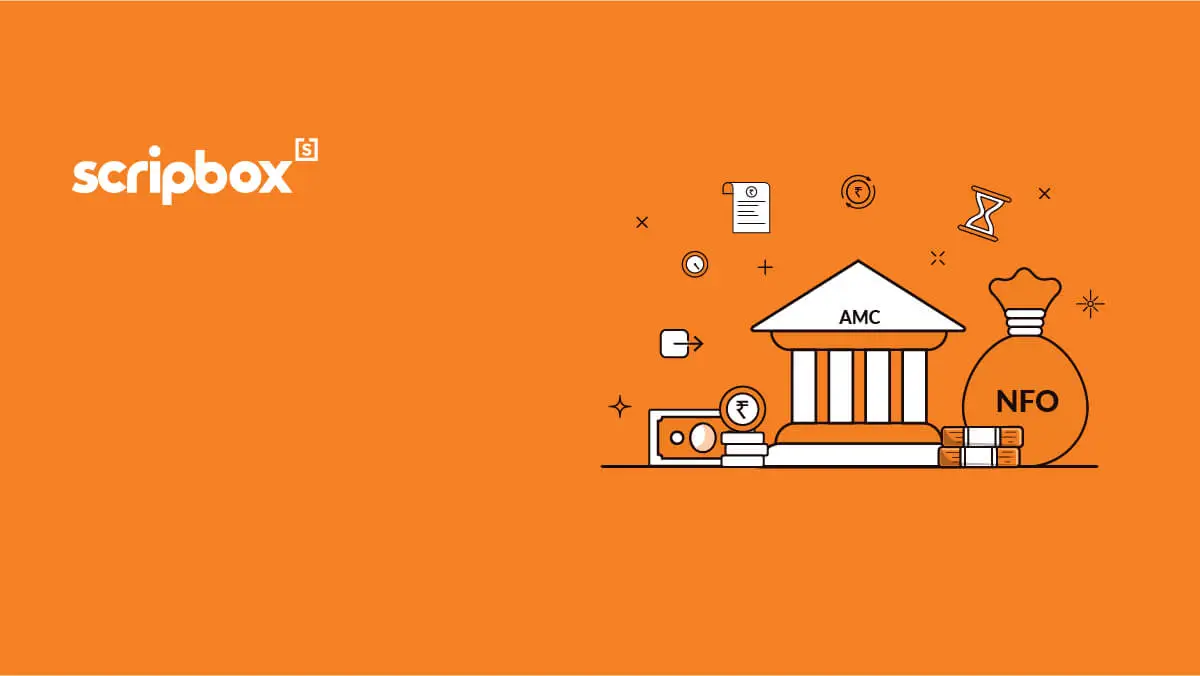

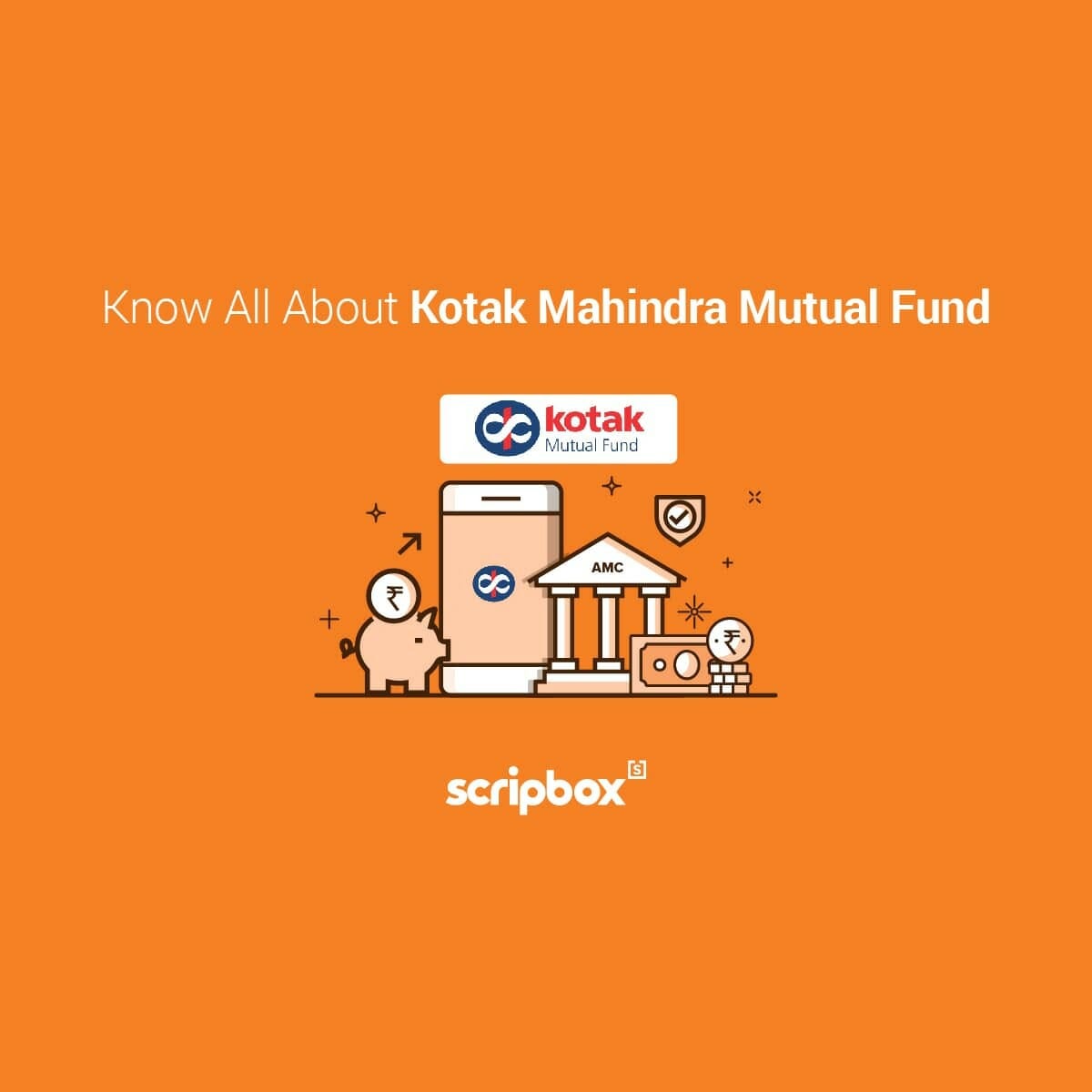
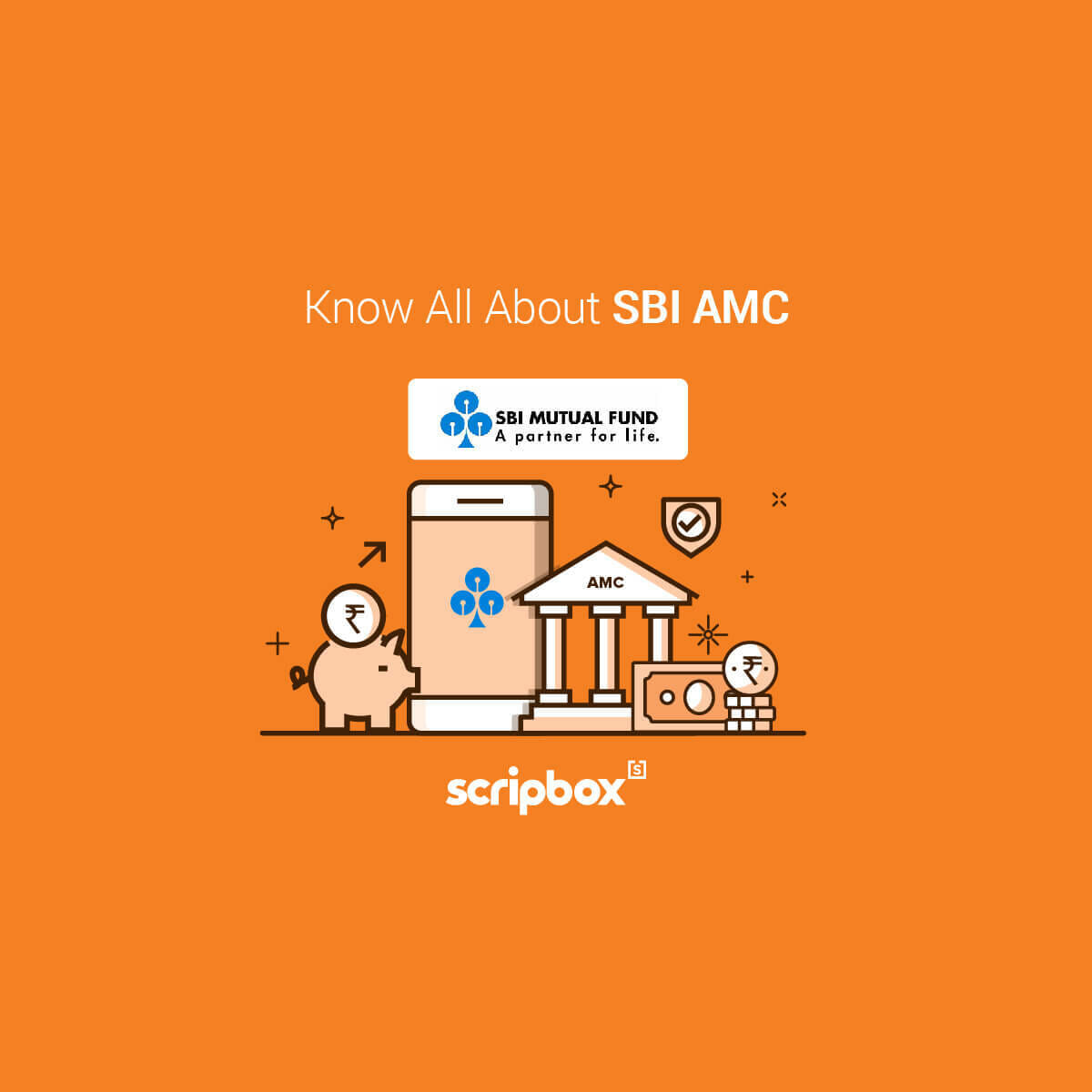
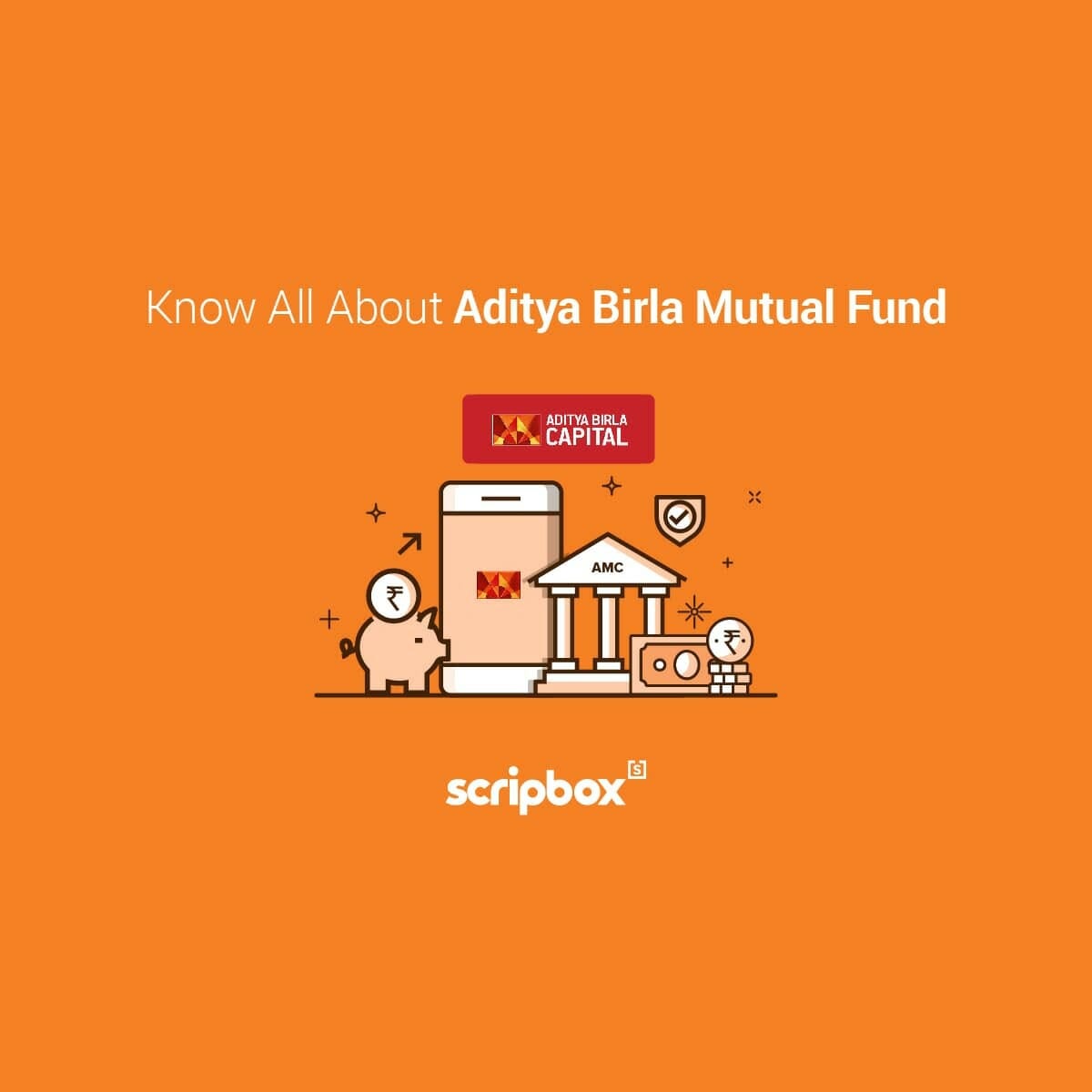
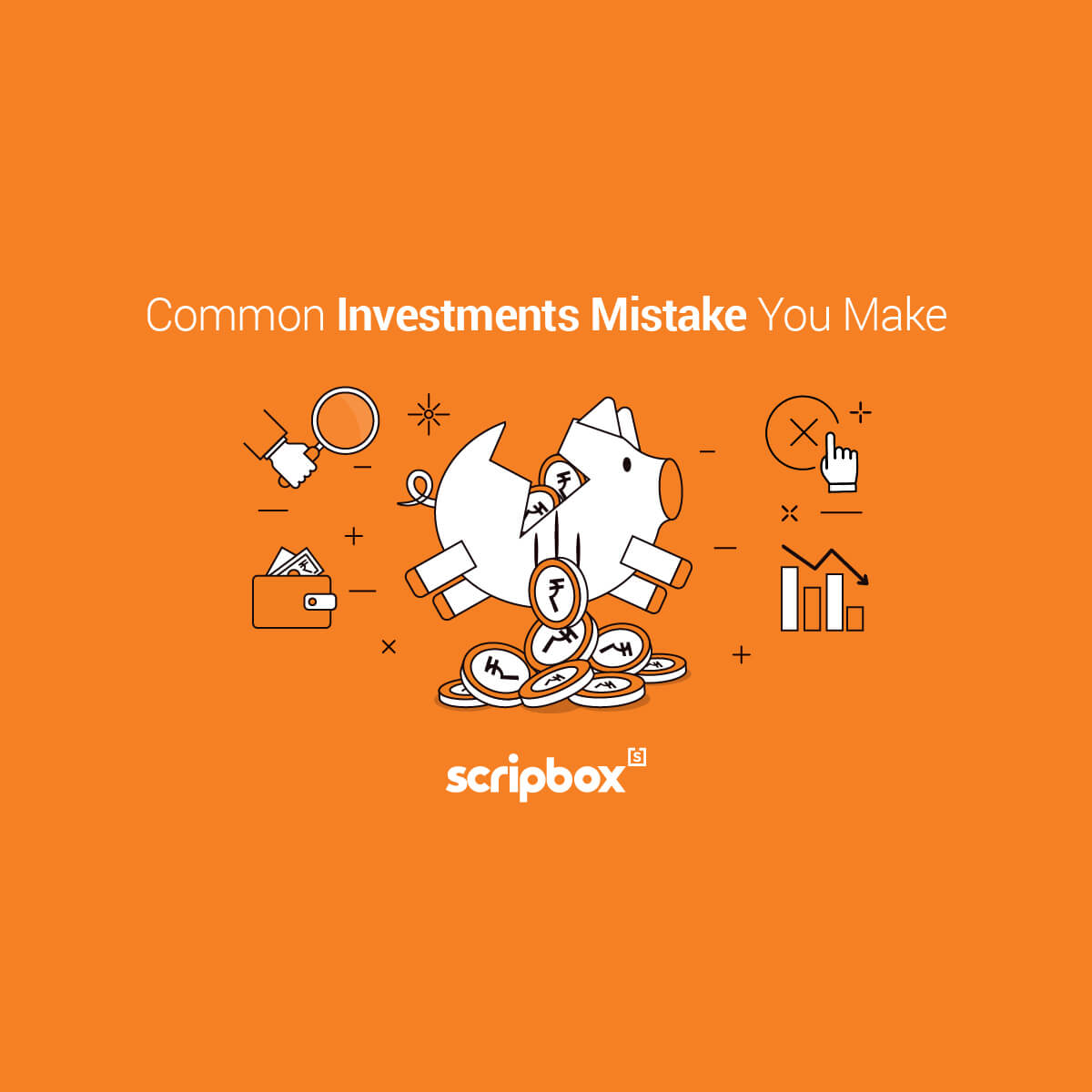






Show comments